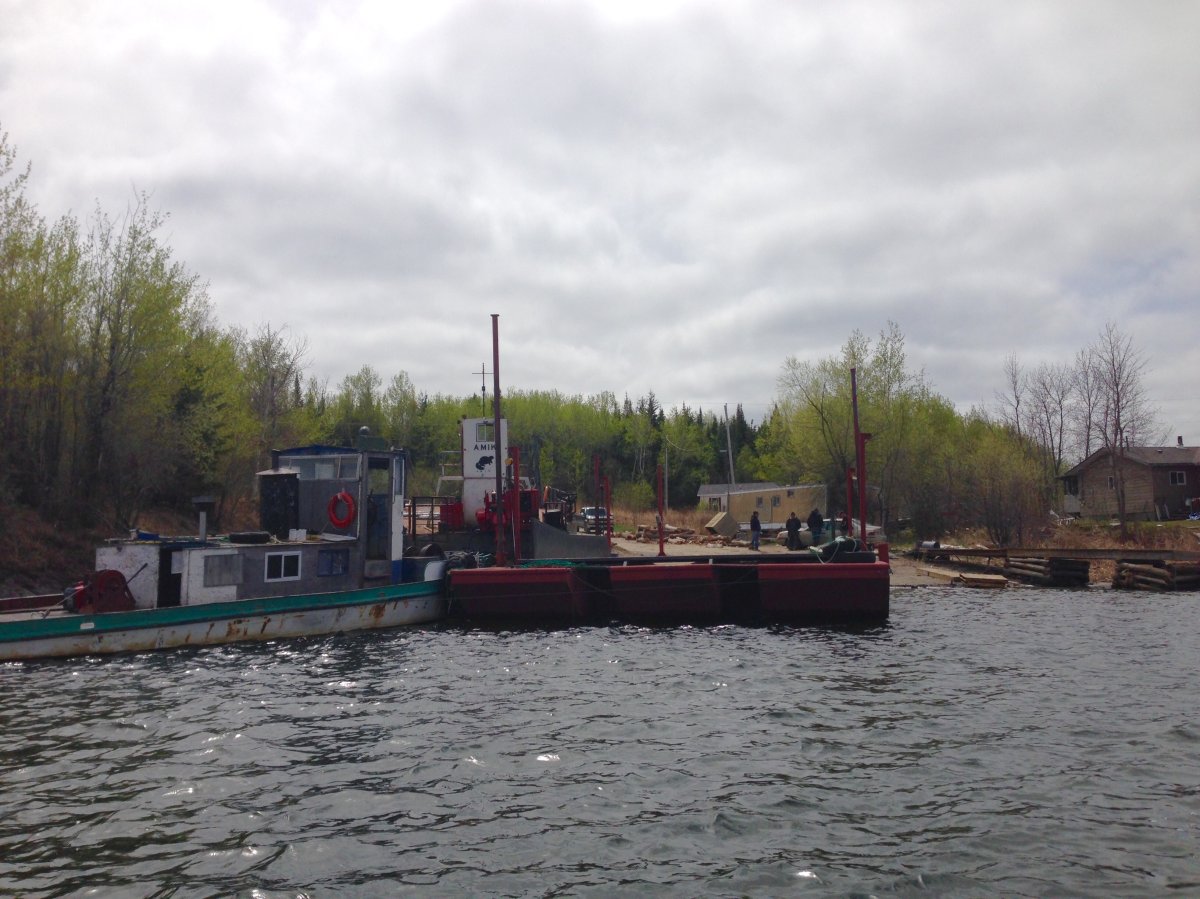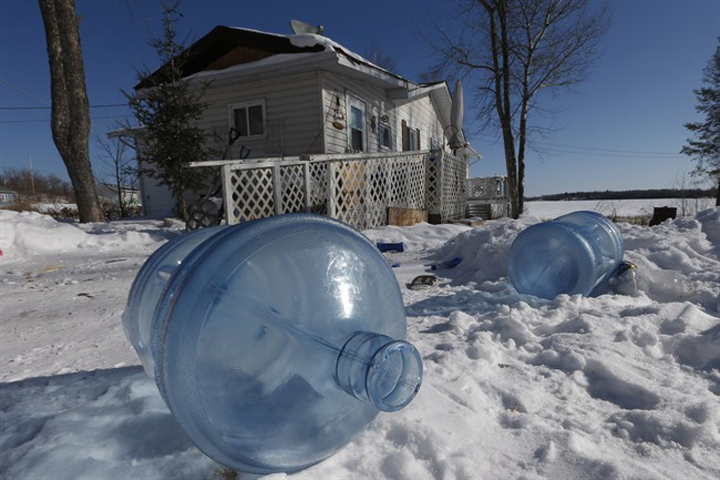SHOAL LAKE, Ont. — A reserve under one of Canada’s longest boil-water advisories has patched up its aging ferry and is lifting its state of emergency after being cut off from the outside world
two weeks ago.

Shoal Lake 40 First Nation declared a state of emergency after the ferry, AMIK II, connecting it to the mainland failed a federal inspection at the end of April.
Chief Erwin Redsky says the ferry has been repaired and is back in the water, but only in a limited capacity. Nonetheless, he said, it’s a relief to everyone in the community, especially elders who
had been moved when the ferry was pulled out of service.
“They’re anxious to get home. A lot of community members are anxiously waiting for the official word,” Redsky said Wednesday.
“Any kind of service right now is huge. It’s very, very critical that this ferry is allowed to operate, at least on a restricted-load basis, so we’re very happy.”
A dry land inspection was completed Tuesday and after the water testing passed, the ferry was cleared for restricted operation this season. This means more precaution needs to be taken when using the ferry because of the old hull.
Instead of carrying four cars across the water only three cars can be loaded. In addition, only 18 passengers will be able to ride the ferry with the crew as opposed to the 40 before. The hull will need to be replaced at the end of the summer season.
Shoal Lake 40 was cut off from the mainland a century ago to build an aqueduct which supplies the city of Winnipeg with fresh water.
- Life in the forest: How Stanley Park’s longest resident survived a changing landscape
- Bird flu risk to humans an ‘enormous concern,’ WHO says. Here’s what to know
- Roll Up To Win? Tim Hortons says $55K boat win email was ‘human error’
- Election interference worse than government admits, rights coalition says
The reserve, which straddles the Ontario-Manitoba boundary, has no all-weather road and has been under a boil-water advisory for 17 years.
When the ferry failed to pass its four-year Transport Canada inspection due to a leaky and rusty hull, people in the community had no access to bottled water, groceries or immediate medical
attention.
The reserve has been lobbying for years for construction of an all-weather road residents call Freedom Road. The federal government, Manitoba and Winnipeg have chipped in $1 million each
for a feasibility study, but there are no firm commitments beyond that.
The loss of ferry service was a “wake-up call” for many and highlighted the reserve’s vulnerability without a reliable connection to the mainland, Redsky said.
“I think everybody is aware of the long-term solution that needs to be committed to and I think we’re on the right track.”
Files from Shannon Cuciz


Comments